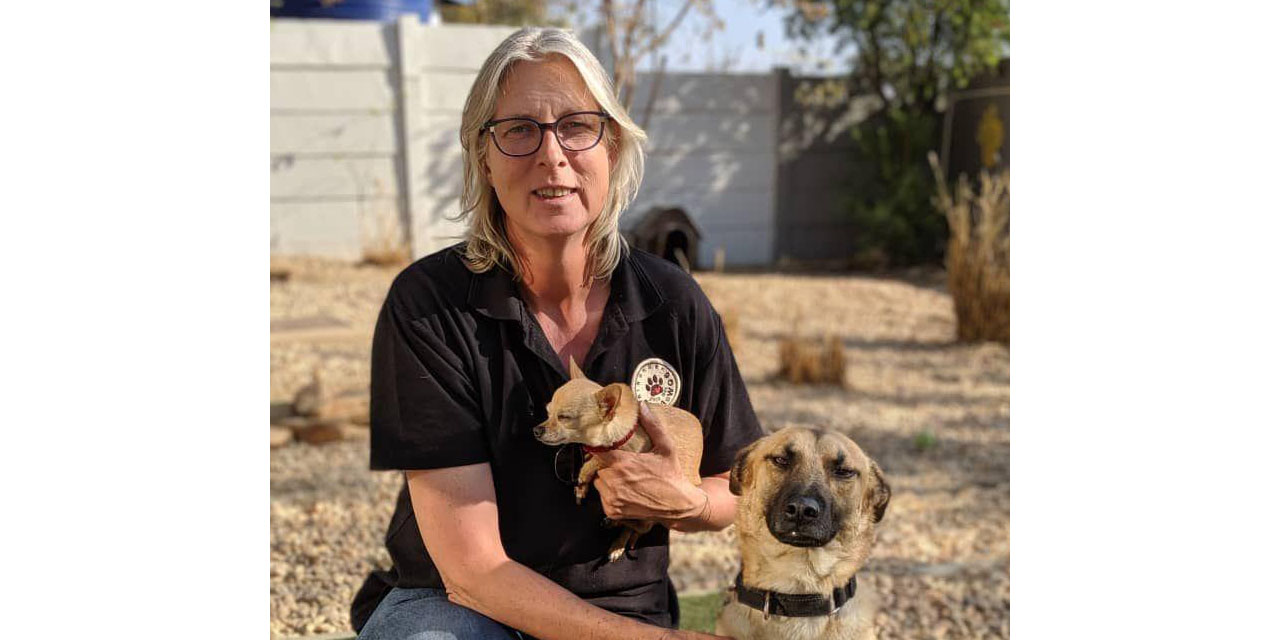Martin Endjala
The Society for the Prevention of Cruelty to Animals (SPCA) has warned that eating dog meat can result in the spread of zoonotic diseases such as trichinellosis (intestinal parasites larvae that sit in the muscles of the dogs), cholera, and rabies to humans.
According to a media statement published by SPCA Director of Operations, Sylvia Breitenstein on Wednesday, dogs are one of the only species fed by people who are omnivores, meaning they eat other animals, animal carcasses, humans, and excrement.
This distinguishes dogs from other land animals such as widely consumed livestock.
Breitenstein was responding to recent media on Namibians eating dog meat, which in some cases is being sold for a profit.
“The World Health Organisation warns that the slaughter and consumption of dogs poses human health risks for the transmission of zoonotic diseases such as trichinellosis (intestinal parasites, larvae that sit in the muscles of the dogs), cholera, and rabies. At abattoirs, animal meat meant for human consumption is tested for numerous diseases. There is no telling what people might end up getting if they slaughter and eat dogs without proper meat inspection,” Breitenstein added.
Apart from the health risks involved with consuming dog meat, she stated that the current techniques of dog slaughter, as reported to a number of SPCA offices in Namibia, involve the beating, bludgeoning, and hanging of dogs to death.
This, she said is a direct violation of the Animal Protection Act of 1962.
Dogs are frequently referred to as man’s best friend, and their roles in human lives come in a variety of shapes and sizes. From simple companionship to service and emotional support, guarding, herding, search and rescue, and security and police actions.
Dog domestication is thought to have begun much earlier than any other animal domestication, with actual domestication beginning approximately 14,000 BC.
“Modern research shows that dogs have a unique ability to read social cues presented by humans, even outperforming primates, which distinguishes dogs from many other domesticated species,” Breitensein added.
She further said that she hopes this clarifies the SPCA’s position on dog slaughter for human food.
“I hope by this we have clarified SPCA stance on dog meat consumption as an organisation dedicated to animal welfare and the constitutional purposes, which include the promotion of humane animal treatment and the prevention of all acts of animal cruelty.”
She also urged the public to report any instances of inhumane slaughter or attempted inhumane slaughter of dogs or any other species.




